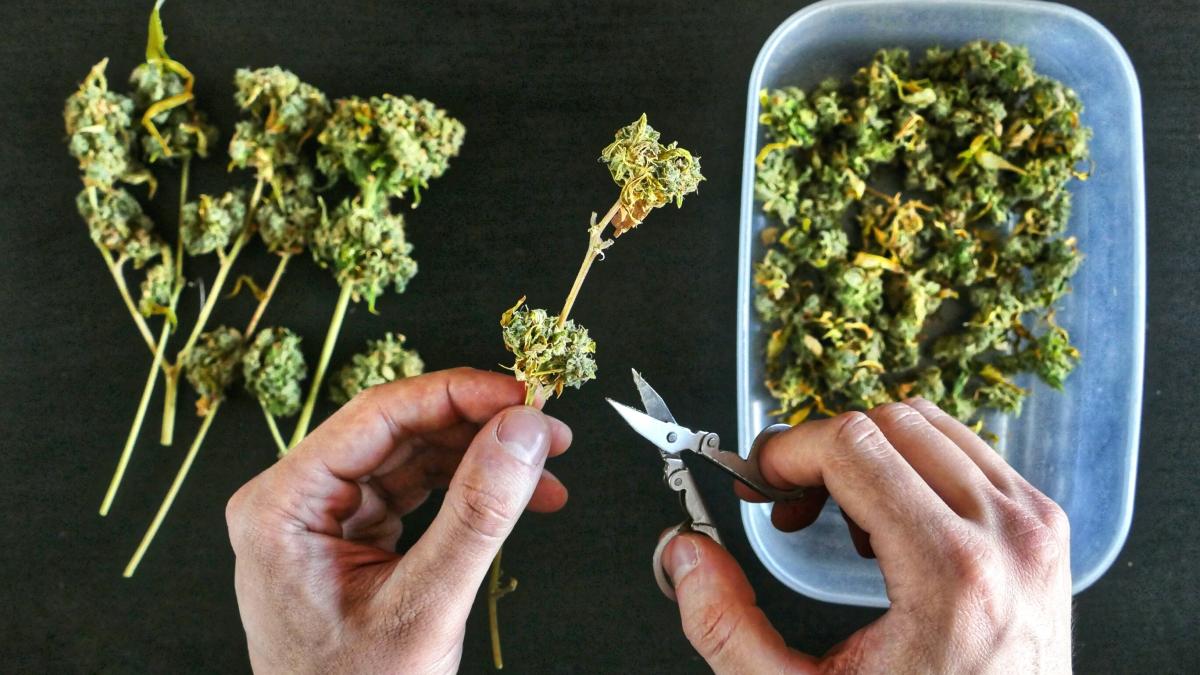
On Wednesday, Labor‘s shadow minister for health Catherine King responded to years of questions from medicinal cannabis activists and patients about the party’s plan for medical cannabis… but you might have missed it.
The Victorian MP chose a change.org petition as the platform for her party’s policy announcement, and so far hasn’t put out media releases or posted about the cannabis reforms on social media. Labor’s policy pledges to increase prescription rates, streamline processes, respond to any advice to the World Health Organisation, and address barriers to TGA applications by forcing assurances from the Liberals on processing times and state process.
King wrote in response to a change.org petition that amassed some 350,000 signatures, and promised a Shorten Labor government would fix “Dan’s Law”, the legislation put in place to make access to medical cannabis legal and accessible.
Dan’s Law refers to Dan Haslam, the son of Lucy Haslam, who became the early poster boy of Australia’s medical cannabis movement. Dan’s struggles to legally obtain medical cannabis a few years ago were covered extensively by the media, and meetings between the NSW government, Dan, and his mother are largely responsible for much of Australia’s medical cannabis reform, such as it exists.
King writes that Labor believes the current process involving the TGA is “the most appropriate way” to build clinical confidence, “which is crucial to expanding access,” but addressed concern within Australia’s cannabis community that the TGA system will never be fit for purpose by promising to review the implementation of its policy changes by the end of 2020.
“If doctors are not assured by the TGA that medicinal cannabis products are safe and effective, prescribing rates will not increase, and patients will continue to be denied access,” she said.
Greens leader Richard Di Natale, who had campaigned for medical cannabis for years, said the TGA has “never been the right model for medicinal cannabis.”
“The purpose of the TGA is to approve pharmaceutical products, not a complex plant like medicinal cannabis,” he said in a statement. “Cannabis is a unique plant that contains multiple chemical compounds and therapeutic effects that simply can never fit into the TGA’s model of regulation. There will continue to be barriers to access as long as the TGA is the pathway used by the government.”
Di Natale promised to reintroduce the Greens bill that would establish an independent regulator and asked for assistance from the Labor Party in making it happen.
“The independent body will be responsible for licensing the production, manufacture, supply, use, research and import and export of medicinal cannabis. It’s a model that would faster, easier access for people who need it while still ensuring that the system is safe and medical practitioners are involved.”
While the Greens and Labor are not completely on the same page when it comes to medical cannabis reform in Australia, Labor’s publication of a real policy – however discreet it may have been – will be seen as a step forward by many campaigners and activists across the country.
That said, the looming shadow of the TGA will always remain a negative for many of the patients, doctors, and families that have had to navigate the country’s complicated access pathways.



